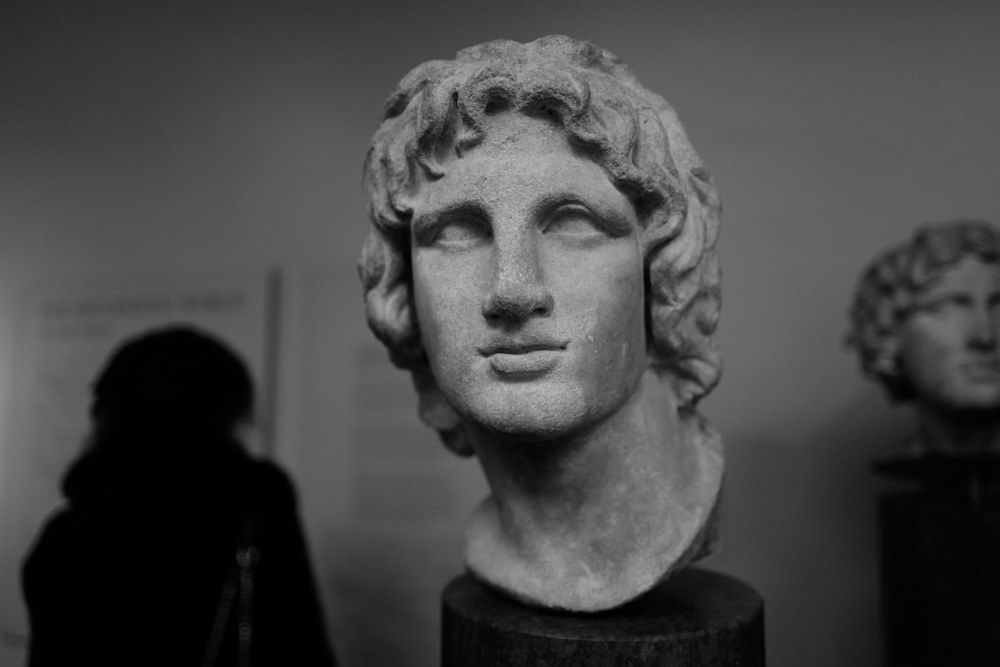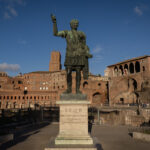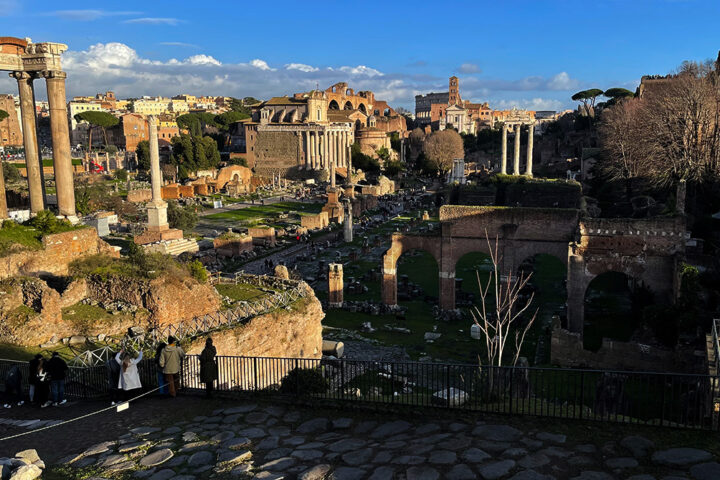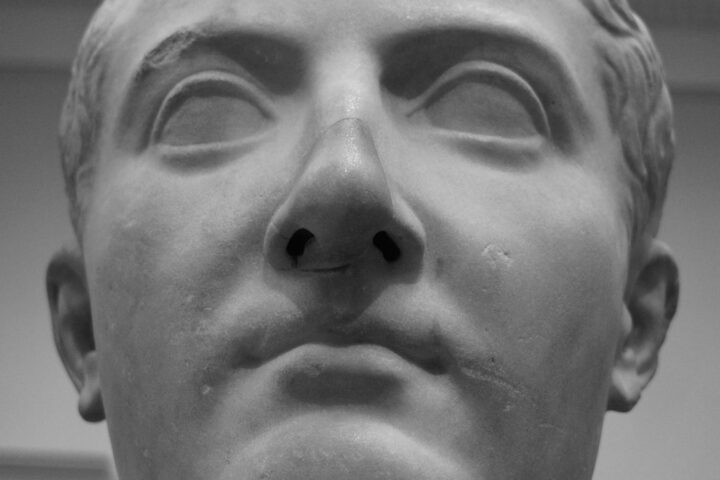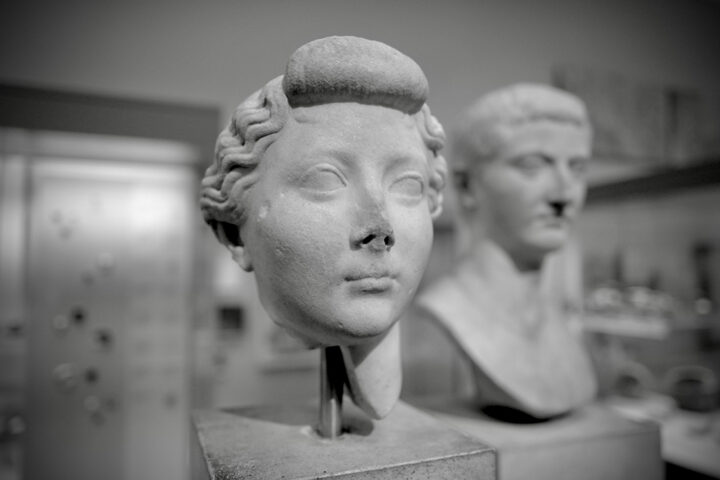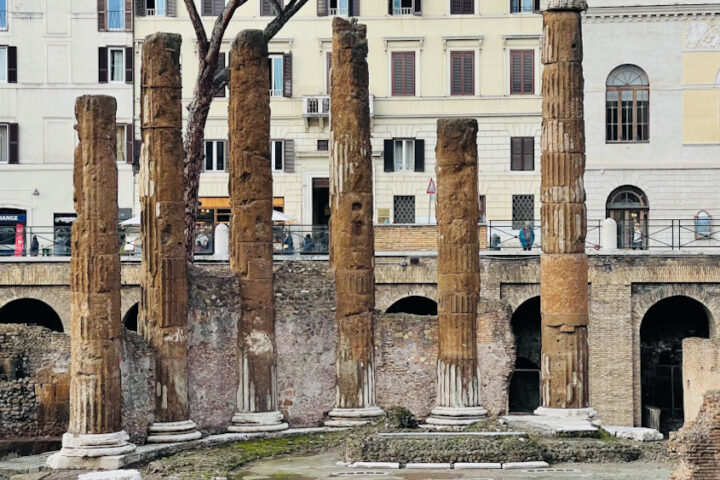Alexander the Great, a monumental figure in ancient history, embarked on an extraordinary journey to conquer vast territories. Born in 356 BCE, his brief yet fervent reign from 336 to 323 BCE is renowned for its unparalleled military triumphs, which extended his empire to the frontiers of India. However, Alexander’s ambition transcended mere territorial expansion; he aspired to synthesize diverse cultures, fostering the Hellenistic era. This period was marked by the dispersal of Greek culture and philosophy across the regions he conquered. Cities such as Alexandria in Egypt flourished as centers of knowledge and cultural fusion, integrating Greek and local traditions to cultivate a cosmopolitan society.
In contrast, Caesar Augustus emerged as a transformative leader following the chaotic decline of the Roman Republic. Born Gaius Octavius in 63 BCE, he rose to prominence as Rome’s undisputed ruler after Julius Caesar’s assassination. His rule, from 27 BCE until his demise in 14 CE, inaugurated the Roman Empire’s epoch of stability and governance. Augustus ushered in the Pax Romana, a substantial period of peace and prosperity, through reforms in administration, military, and urban development. These reforms laid the foundation for the modern Western governance structure, emphasizing stability and institutional resilience.
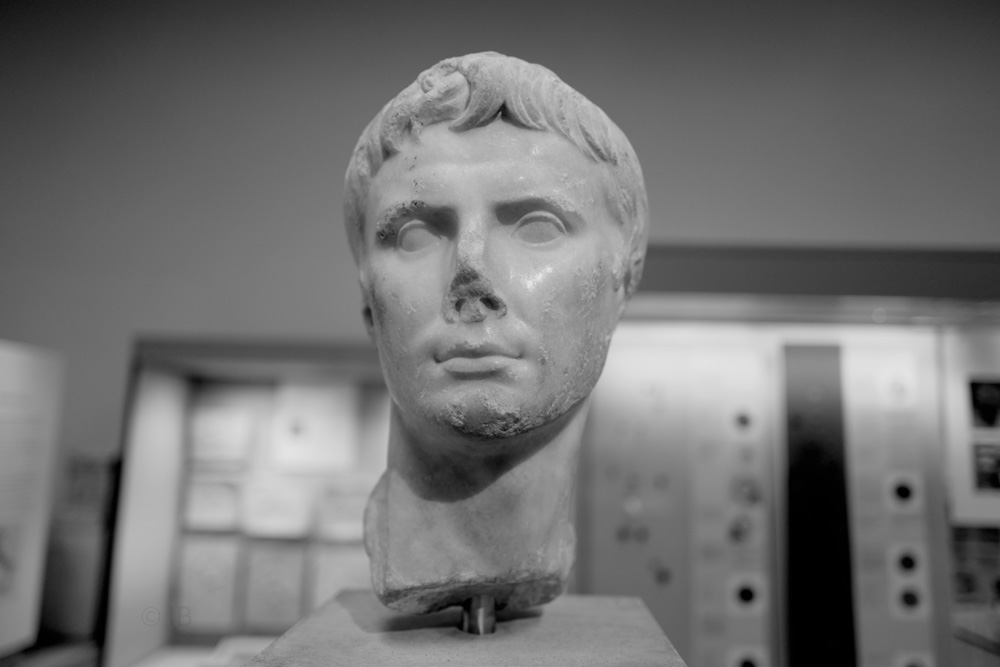
When we compare these two leaders, key questions arise: How did Alexander’s vision of cultural amalgamation influence the philosophical landscape of the succeeding eras? In what ways did Augustus’ administrative genius set the stage for modern statecraft? Alexander’s emphasis on cultural integration through conquest introduced the exchange of ideas that enriched Western thought by blending Eastern and Western philosophies. Conversely, Augustus’ focus on governance and institutional longevity demonstrated how methodical administration could construct enduring societal frameworks.
Both leaders shaped the political, cultural, and social dynamics that persist in the Western world today. Alexander exemplified a vision of cultural symbiosis achieved through expansion, while Augustus illustrated the significance of robust administration and systematic governance in creating lasting entities. Their legacies continue to reverberate in contemporary concepts of cultural exchange and political organization, highlighting their profound impact on the course of history. These leaders are essential today not only as figures of historical achievement but also as exemplars of the diverse strategies through which lasting influence can be established in the pursuit of human advancement.
Photographs: Marble busts of Alexander the Great (Above) and Caesar Augustus (Bottom). Both on display at the British Museum in London.


